As I was flipping through some television garbage trying to induce sleep, I came upon an old western starring Kirk Douglas, Dorothy Malone and Rock Hudson. Once upon a time the above names would have been common points of reference — a collective vocabulary signifying the Fifties: chrome tailfins, standard-issue grey flannel suits, hats and stifled alternative views.
No longer. Common points of reference today are unrecognisable, at least for yours truly, still stuck on black-and-white movies, good manners and correct dress. At one point in the film, a young, beautiful girl tells a middle-aged Kirk Douglas that she loves him. He dismisses it, telling her she’s just a girl who will one day find a young man who’s right for her. ‘I’m not a girl,’ she cries. ‘I’m a woman who will wash your clothes and cook for you, and take care of you…’ Just as well that only a kiss is exchanged because Kirk turns out to be her father, conveniently shot dead by Rock at the end of the movie. Phew, that was a close one. The beautiful youngster was Carol Lynley, whom I once lunched with at Mark’s Club back in 1979. But that’s not the point of my story. It’s what she said to Kirk in order to get him to change his mind about her: I’ll wash your clothes and so on. Oh, for those good old days.
Which brings me to how very different things were for all of us, but mainly for women, back in the Fifties. Mind you, I’m not Virginia Nicholson, the lady who has written Perfect Wives in Ideal Homes, a book about the lost world of womanhood during that decade. Excerpts in a daily newspaper hinted that the last thing a man wanted was a clever woman. In my long life I’ve read and heard a hell of a lot of rubbish, but that takes the biscuit. I can’t think of anyone I’ve ever met or heard of who wanted a dumb broad as a wife. It was Hollywood that made up the role of the dumb blonde, in films starring Marilyn Monroe, Jayne Mansfield and Mamie Van Doren. And it’s the pop scene that followed, with groupies hurling themselves at some pretty ugly men, that perpetuated the myth. Nicholson writes that, according to a survey, the aspiration of women in 1956 was mostly to get married. Marriage back then was not only for same-sex couples, and so a lot of women looked forward to having a family without synthetic babies. (Sorry, Elton.)
I finished boarding school in June 1955 and entered university that September. Throughout the mid-Fifties all I did was visit women’s schools chatting up girls. Sweet Briar, Rollins, Bennett, Smith, Wellesley. Most of the girls were studying history, English, the liberal arts in general. I don’t think I ever met one that was reading deportment, cookery, laundry skills or embroidery. In the good old US of A, of course. Did they study such skills at Oxford? I doubt it very much. So what the hell is Virginia Nicholson talking about? Sure, there was domestic drudgery, but for those who couldn’t afford to hire help, which was the majority. The man brought home the bacon, the little woman took care of the house and the children. What’s wrong with that? Career first, motherhood second is a myth, but not much of one. Girls go out, get a job, meet the right boy and have children. What’s the big deal? Since world war two, anyway.
The Fifties were my favourite decade. I went out with beautiful women, there were constant thump-thumps in the heart, I was on the tennis circuit and travelled non-stop seeing the world. I was never tired or hung- over no matter how much I partied — and I partied non-stop. I knew who the good guys were — the Yankees — and that the Russkies were the bad guys. Now I’m not so sure.
But back to women and the Fifties. According to Betty Friedan, a very smart but awfully ugly woman, her sex back then was acting out the expected role of wife, mother and homemaker. They responded to questions with forced, chirpy reports of contentment, according to Friedan. She claimed there was a fundamental sense of uneasiness, frustration and a vague unhappiness that most women had trouble articulating. Society, according to Betty, had imposed a role on women they basically resented. ‘The feminine mystique has succeeded in burying millions of American women alive,’ she wrote.
Friedan became an overnight sensation during the Sixties, when she published her book The Feminine Mystique. The women she interviewed reminded me a lot of highly decorated soldiers who are interviewed and prompted by reporters. ‘So you instantly realised that your platoon was about to be overrun, so you threw yourself up front…’ says the hack. ‘Yeah, if you say so,’ answers the soldier. Men fight for their unit and react automatically to danger. Their lives, and the lives of their buddies, do not flash before their eyes, and in Technicolor to boot, just before they act. Ditto for women being interviewed by other very intelligent women about lost opportunities.
The Fifties were great. The young were split between those who wore suits and ties and had short hair — the girls had full skirts, high heels and perms — and the ‘greasers’, who had long, duck-tailed hair, blue suede shoes and a go-screw-yourself attitude. I belonged to the former group but kinda liked the greasers’ lack of respect. And the girls who went out with the greasers secretly liked us squares, as long as we weren’t real squares but only pretended to be. It’s still the same old story.
Got something to add? Join the discussion and comment below.
Get 10 issues for just $10
Subscribe to The Spectator Australia today for the next 10 magazine issues, plus full online access, for just $10.
You might disagree with half of it, but you’ll enjoy reading all of it. Try your first month for free, then just $2 a week for the remainder of your first year.


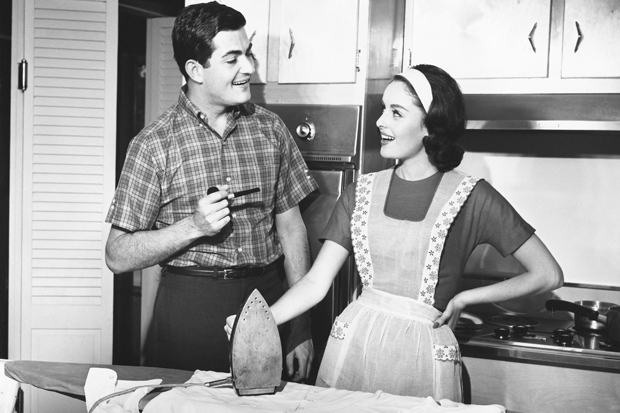
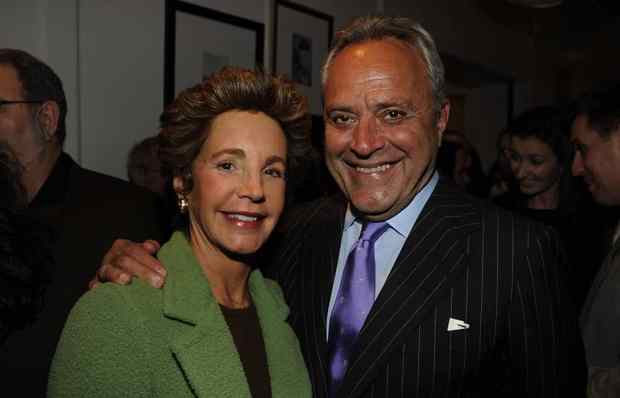
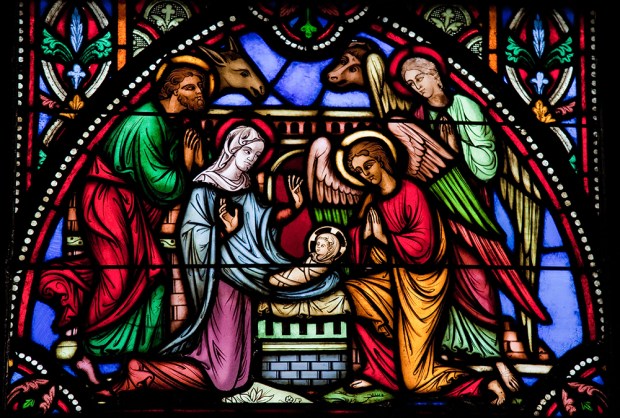

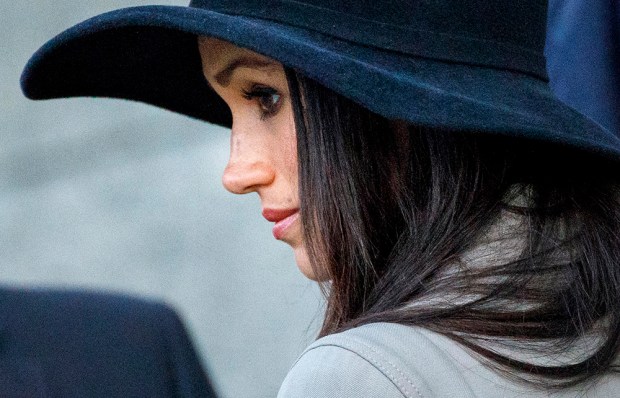
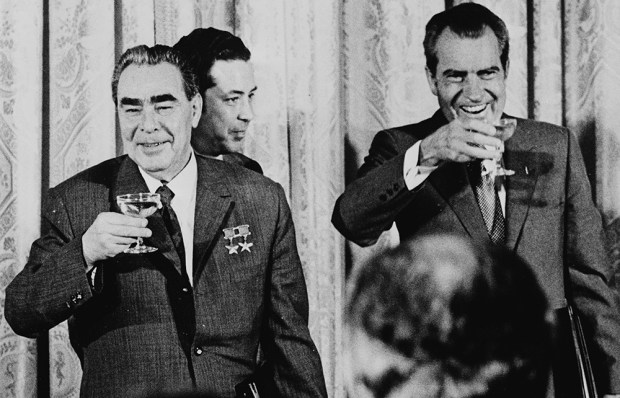







Comments
Don't miss out
Join the conversation with other Spectator Australia readers. Subscribe to leave a comment.
SUBSCRIBEAlready a subscriber? Log in